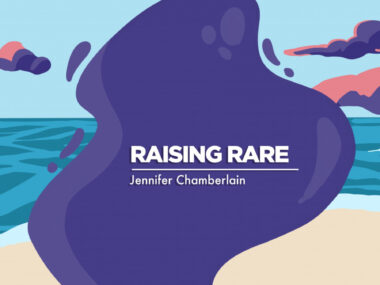NY State chooses administrator for CF medical costs aid program
Funding for grants restored in 2023; HWF Direct to run assistance program
Written by |

A New York State assistance program re-launched last year to provide financial aid to adults with cystic fibrosis (CF) for medical costs has a new administrator.
The HealthWell Foundation‘s subsidiary HWF Direct has been tapped to administer the state’s Adult Cystic Fibrosis Assistance Program, known as ACFAP. The program reimburses eligible patients for CF-related care and services — such as prescription drug and device costs, and medical and behavioral health services.
The ACFAP also provides assistance with medical, vision, and dental insurance premiums.
“Since opening HWF Direct in December 2018, we continue to identify and implement new initiatives to utilize our services and expand our reach to assist more patients across a variety of disease states,” Fred Larbi, HealthWell chief operations officer, said in a foundation press release.
“We are honored to be selected by the New York State Department of Health to administer its Adult Cystic Fibrosis Assistance Program through our state-of-the-art contact center, which houses more than 170 trained professionals who serve as the front-line of communication for patients, providers, and pharmacies who reach out for assistance,” Larbi said.
CF medical costs on the rise, increasing need for aid program
To be eligible for the copayment grants, applicants must have legally resided in New York State for at least 12 consecutive months and be at least 21 years of age.
Eligible recipients also must have a CF diagnosis and be in treatment for the disorder, and they must have private health insurance or Medicare and maintain health insurance during the grant period. The program is not open to those eligible for state Medicaid.
Anyone interested in applying for a grant can call HWF Direct at 855-226-2295 weekdays between 9 a.m. and 5 p.m. Eastern time.
CF is caused by inherited mutations that lead to bodily production of an abnormally thick and sticky form of mucus that accumulates in various organs, including the lungs, liver, pancreas, and intestines. The mucus buildup causes most CF symptoms, including lung and digestive issues.
Costs associated with CF care have increased substantially over the last two decades, with most of the jump due to pricey new therapies, research has shown. Rising hospitalization costs also play a role, as do factors including age, sex, lung function, and CFTR gene mutation type.
The AFCAP was eliminated from the 2020-2021 fiscal year budget, and statutory language authorizing the program was repealed. The Cystic Fibrosis Foundation last May wrote a letter to the New York Assembly Ways and Means Committee on behalf of the more than 1,000 adults said to be living with CF in the state, urging reinstatement of the grant program and its funding.
Without the support of the ACFAP, adults with CF are struggling to afford their premiums are care, and some are delaying or forgoing care entirely.
The program was re-established in 2023.
“ACFAP, which had operated in the state since 1987 prior to its elimination, helped adults with cystic fibrosis afford the high cost of their medical care and insurance premiums — helping them maintain their private insurance coverage and access the care and treatments they need to manage the disease,” the CF Foundation letter said.
“Without the support of the ACFAP, adults with CF are struggling to afford their premiums are care, and some are delaying or forgoing care entirely,” the letter also said.
Germantown, Maryland-based HWF Direct was established in 2018 to serve patients who seek financial assistance from the HealthWell Foundation. Since 2003, the nonprofit has provided more than $4 billion through some 1.5 million grants to about 930,000 underinsured patients across more than 90 disease areas.
“Assisting the cystic fibrosis community has been a longstanding commitment at the HealthWell Foundation and HWF Direct,” Larbi said. “We are excited to strengthen our impact on the CF community through our partnership with the New York State Department of Health.”







